-
Welcome to Tacoma World!
You are currently viewing as a guest! To get full-access, you need to register for a FREE account.
As a registered member, you’ll be able to:- Participate in all Tacoma discussion topics
- Communicate privately with other Tacoma owners from around the world
- Post your own photos in our Members Gallery
- Access all special features of the site
1GR-FE Reg Unleaded vs Super Unleaded HP Gain???
Discussion in '2nd Gen. Tacomas (2005-2015)' started by drscott11, Jan 7, 2015.
Page 1 of 3
Page 1 of 3


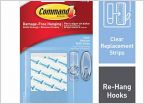 Scangauge Steering Column Mount
Scangauge Steering Column Mount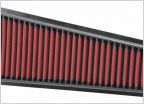 Whistle after I change the air filter?
Whistle after I change the air filter?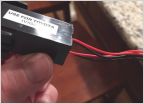 Tapping power for USB ports in blank next to fog light switch - Finished.
Tapping power for USB ports in blank next to fog light switch - Finished.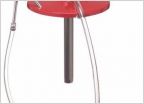 Rear Differntial Oil Change
Rear Differntial Oil Change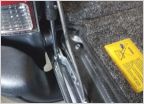 No EZ Down Tailgate mod for 2013 Tacoma???
No EZ Down Tailgate mod for 2013 Tacoma???








































































